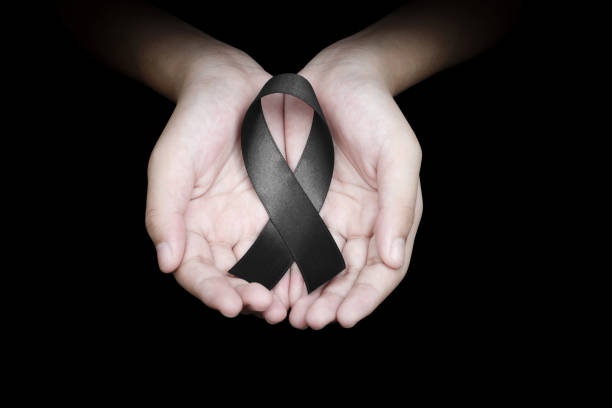
In the latest issue of the Kyeongyang Magazine, there is an article on the well-known book The Seven Victories, which was written in Chinese by the Jesuit priest Diego de Panatoja (1571-1618).
The book contains an explanation of what we know as the 7 deadly sins and the prescription for their conquest with the contrary virtues. The following will be a brief summary of the contents of the article written by a university professor.
What is the reason for life? How do we live this life? Why do we continue to commit the same sins? How to live a life of virtue? Once we arrive at such a stage is it possible to remain there?
In Confucianism, we have various feelings: joy, anger, sadness, delight, fear, love, dislike, and desire and what comes from the deep self are the four moral feelings of compassion; a heart ashamed of being unrighteous and hates not being good; the heart that knows how to be humble and says no when necessary; a mind that knows how to judge right and wrong. In Buddhism, we have the 3 poisons: greed, hate/anger, and ignorance/stupidity.
In China when they heard the Catholic missioners' teaching they considered it a lower form of Buddhism and paid no attention. The missioners began a deep study of the spoken and written language to encounter the educated class in China. Matthew Ricci wrote the True Meaning of the Lord of Heaven, and Diego de Panatoja the Seven Victories (mortification). Reading these books one did not have a feeling they were reading a book on religion but were filled with words of wisdom and were well received by the educated class.
The Seven Victories was translated also into Japanese and Korean and read by the educated classes. In Korea, it spread even among ordinary Christians as a spiritual text.
This book is divided into chapters and sections, focusing on major concepts, and explanations. Not only the core concepts discussed but also vivid and interesting illustrations were given which remained with the reader. It makes for an amazing experience. In other words, the Western, deductive method of knowledge was creatively accepted by Chinese intellectuals who were accustomed to inductive oriental thinking.
In the Seven Victories, we have a list of the seven capital sins that we can easily commit: Pride, Jealousy, Greed, Anger, Gluttony, Lust, and Laziness. The seven virtues that we need to overcome these faults: humility is needed to overcome pride; jealousy is overcome by forgiveness; greed is overcome by grace; anger by patience; gluttony by temperance; lust with chastity, and laziness with diligence.
The fruit of sin eaten unknowingly brings forth disease, all kinds of sorrow, and tribulation in the world. To become citizens of the kingdom of heaven, we must uproot this tree of sin from within our hearts.





